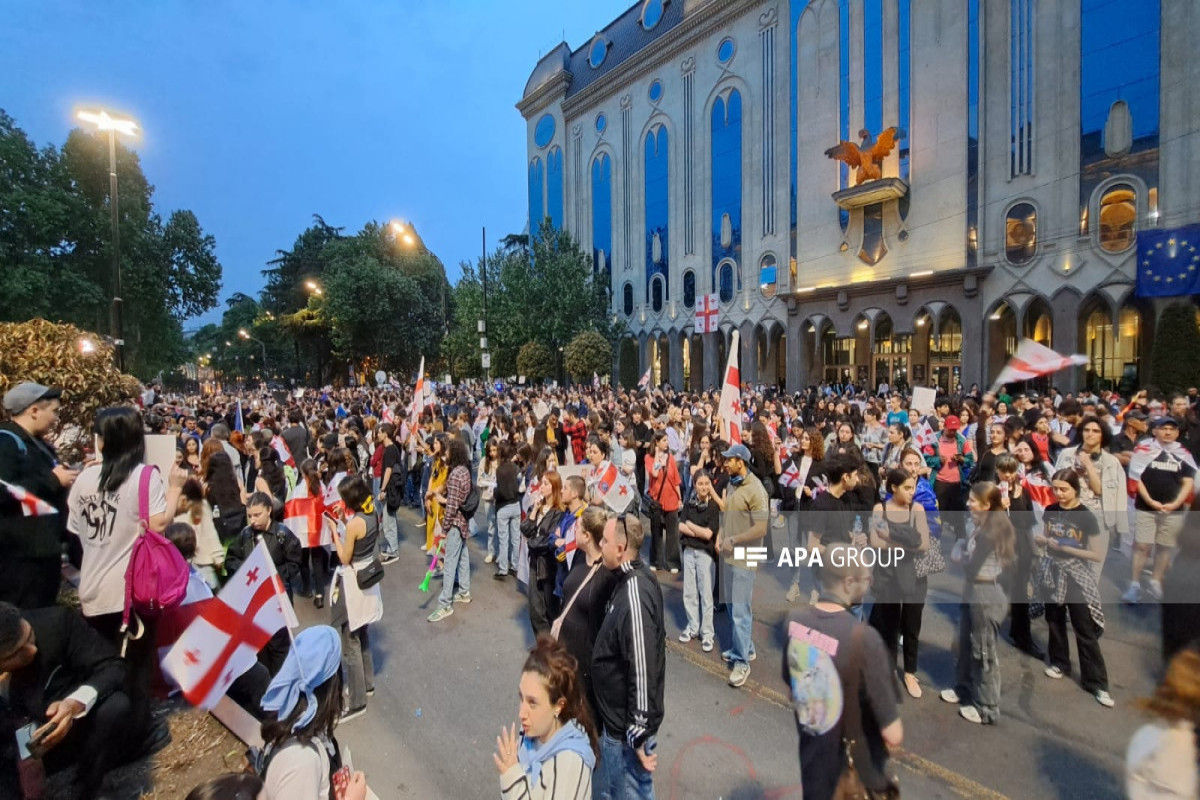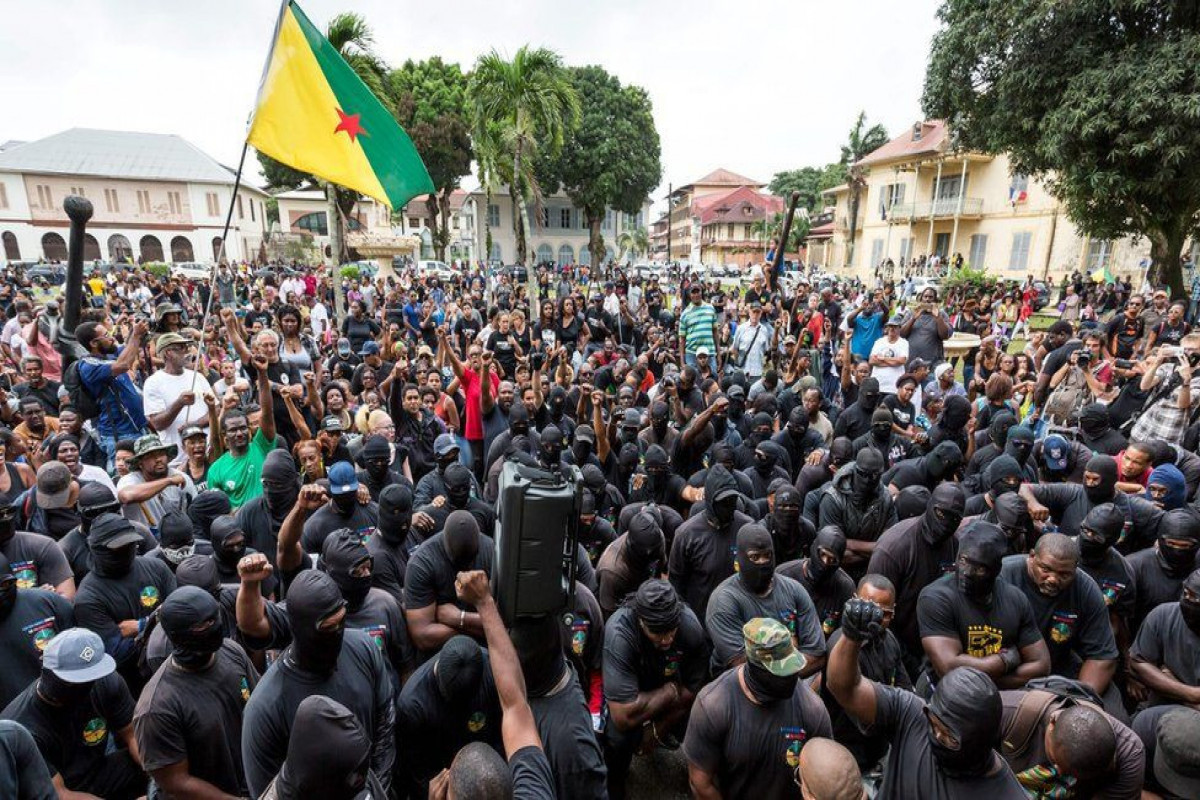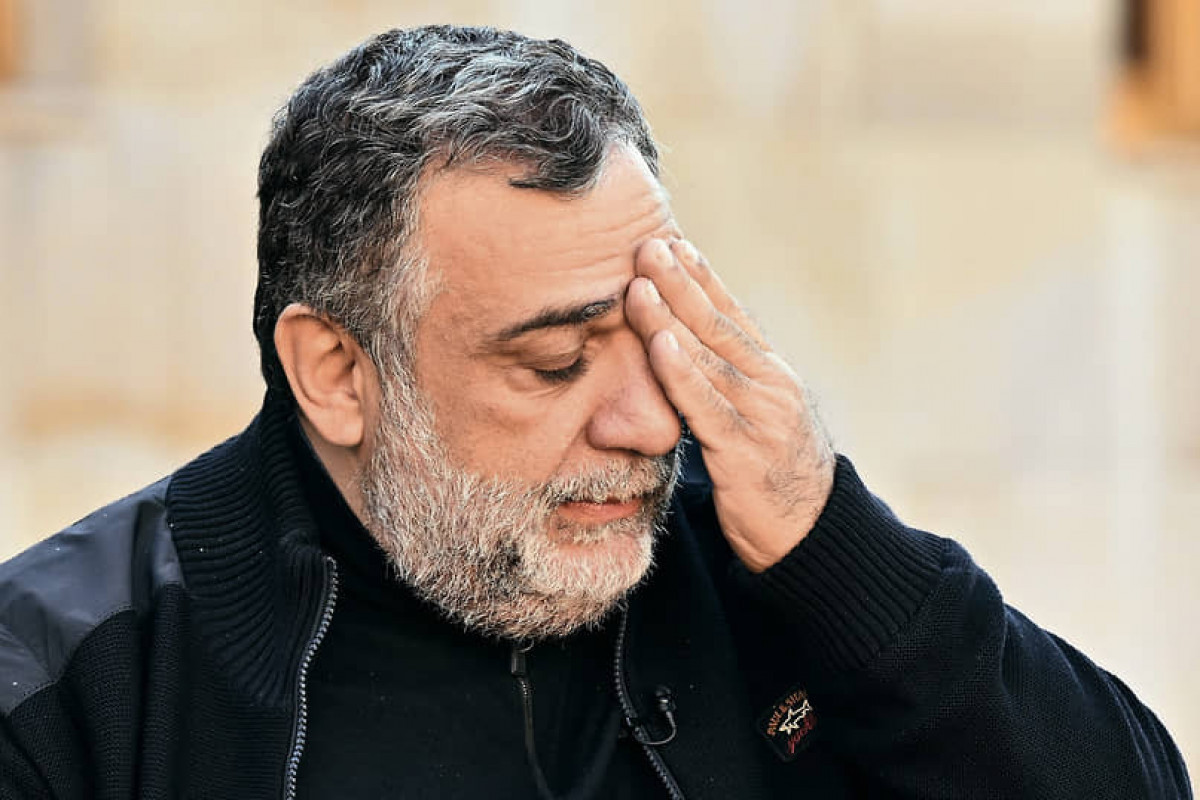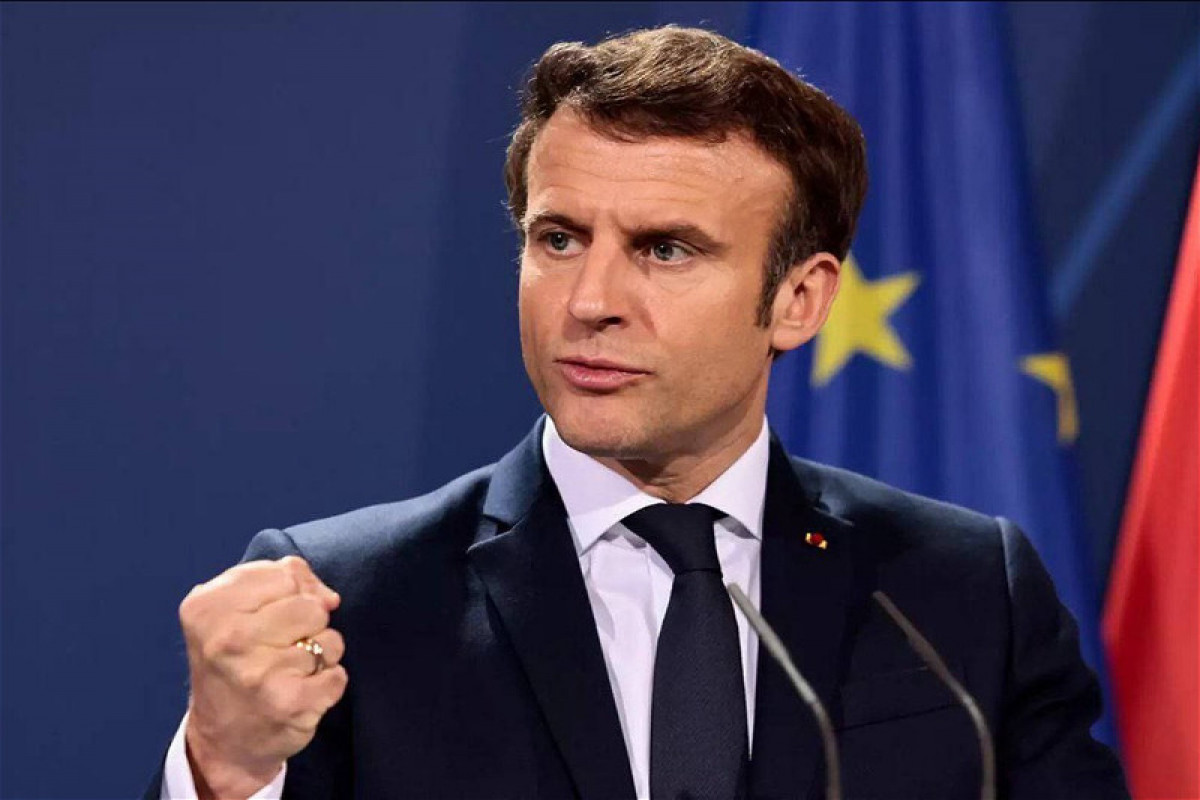THE EU AND ABKHAZIA: BETWEEN A ROCK AND A HARD PLACE – ANALYSIS

By Alexander Jackson
Caucasus Update No. 65, March 16, 2010
Caucasian Review of International Affairs (CRIA)
http://www.cria-online.org
Baroness Caroline Ashton’s three months in the newly created post of EU foreign minister have not been particularly successful. Beset by bureaucratic and institutional sniping and inertia, she has been unable to make her mark on European foreign policy since taking office in January (Economist.com, March 4). The situation in Georgia has provided an opportunity for Europe to demonstrate united, coherent diplomacy. Unfortunately, it may not achieve this.
On March 11 Peter Semneby, the EU’s special envoy for the South Caucasus, arrived in Georgia’s breakaway region of Abkhazia for talks with the province’s de facto president, Sergei Bagapsh (RFE/RL, March 12). Nothing concrete has come out of the meeting, which is unsurprising – it was intended as part of a wider EU policy of slowly building bridges with Abkhazia and the other rebel province of South Ossetia, in an effort to facilitate dialogue between the regions and Tbilisi. Mr Semneby was in Abkhazia at the same time as ex-UN envoy to Abkhazia Dieter Boden, who criticised Georgia’s new “State Strategy Towards the Occupied Authoritiesâ€, which was adopted in January.
This is in contrast to the EU’s own opinion of Georgia’s strategy document. On March 11, as Mr Semneby arrived in Abkhazia, Baroness Ashton issued a declaration which “welcomes the spirit of the initiativeâ€. This is a substantive praise, although the wording indicates dissatisfaction with some of the actual wording. In particular, the very term “Occupied Territories†is something that Brussels would rather avoid: it arouses fury in both Sukhumi and Tshkinvali, which see themselves as independent states, not ‘occupied territories’ (Civil.ge, February 3).
Nonetheless as a report by the International Crisis Group (ICG) observes, the language in the new strategy is more tolerant than in previous documents – the term “proxy regimes†is used in lieu of “puppet regimesâ€, for instance – despite opposition from hardline Georgian politicians (ICG, February 26). One of the biggest roadblocks still remaining is the insistence that, in theory, all international economic activity –including humanitarian aid - in Abkhazia and South Ossetia must be approved by Tbilisi.
This contrasts with the EU’s policy, premised on the idea that economic activity and low-level political engagement with Abkhazia can help to boost the chances for Georgian-Abkhaz dialogue. Brussels is playing a legally and politically complex balancing act, encouraging Tbilisi and Sukhumi to work together in a ‘status-neutral’ framework whilst insisting that, legally speaking, Abkhazia remains part of Georgia.
As well as facilitating a better environment for talks with Georgia, European involvement in Abkhazia is also intended to reduce the province’s near-total economic and security dependence on Russia. According to the ICG report, half of Abkhazia’s 2010 budget comes directly from Moscow, as does almost all of its foreign investment. This is only likely to intensify as the preparations for the 2014 Sochi Winter Olympics in 2014 intensify: Sochi is just a few miles from Abkhazia’s de facto border with Russia. Against such tight economic linkages, the ability of the EU to draw Abkhazia out of the Russian orbit is extremely limited.
In any case, although Tbilisi seems to have relaxed its veto on EU humanitarian assistance to Abkhazia, the chances for genuine European investment are still slim. Mr Bagapsh made his frustrations clear in his meeting with Mr Semneby, calling it “illogical†that Europe continued to link political and economic issues – he cited Finland’s ban on the Finnish company Nokia from buying telecommunications equipment for Abkhazia (Russia Today, March 12).
Europe’s policy is stuck between two competing principles: of apolitical economic activity and status-neutral political dialogue on the one hand, and continuing insistence on Georgia’s territorial integrity on the other. It simply does not have enough to offer Abkhazia as an incentive for full engagement, particularly since the province cooled its pursuit of recognition by European states in April 2009 (RFE/RL, April 24 2009).
Georgia may be more amenable to dialogue, but its fundamental disagreements with Russia make it unwilling to accept Moscow’s overwhelming influence in what it still considers to be its own territory. Brussels also has very little influence with the Kremlin, which continues to view Abkhazia as a useful strategic asset. On February 17 Russia and Abkhazia signed deals which will formalise Russia’s extensive military presence in the region, laying the groundwork for the establishment of a naval base at Ochamchire and the modernisation of the large airbase at Gudauta (Financial Times, February 17). Moscow has little interest in allowing the EU to become involved, and is quite happy for Abkhazia to remain unrecognised by European states.
The EU’s outreach to Abkhazia is welcome – it demonstrates that it can formulate a unified policy towards a very complex problem. But unified does not mean coherent, and it remains torn between neutral economic engagement and Georgia’s sovereignty. With Russian backing, Abkhazia bristles at any notion of being an ‘occupied territory’, but Georgia refuses to see it any other way. This is the bottom line. Between the rock of independence and the hard place of territorial integrity, Europe is trapped.
Political
 ANALYTICS'>
ANALYTICS'>
Georgia is on the verge of chaos again - Will the West achieve the next 'color revolution'?"-ANALYTICS

Neocolonial policy of France on the edge of collapse- French Guiana is also on the path to liberating itself from colonization-ANALYSIS

An attempt to create a "Dove of Peace" from Vardanyan — Struggle over the wealth of the separatist billionaire-ANALYTICS

Macron is not sincere in his statements - France allocates less military support to Ukraine than Baltic countries-ANALYSIS
NEWS FEED
Borussia Dortmund beats PSG 2-0, reaches CL final
2 Georgian volunteers fighting for Ukraine killed in combat
Azerbaijan performed in Eurovision 2024 first semi-final
Number of people poisoned by doner in Azerbaijan's Zagatala rises to 40-UPDATED-1
UN General Assembly declared May 25 World Football Day
Azerbaijani President, Slovak Prime Minister made joint statement-UPDATED-1
President Ilham Aliyev held expanded meeting with Prime Minister of Slovakia -UPDATED-1
President Ilham Aliyev held one-on-one meeting with Prime Minister of Slovakia-UPDATED-1
EIA revises US 2024 oil output to 13.2M bpd
Shot dead body of military serviceman found in Armenia
Earthquake jolts border zone of Armenia and Azerbaijan
Austria not intends to join NATO - Foreign Ministry
FIFA President invited to COP29
NATO Representative, Armenian Deputy FM discuss border delimitation with Azerbaijan
Baku hosts 7th meeting of High-Level Working Group on Caspian Sea issues
Training held to support preparation of Azerbaijan's climate change Transparency Report
Türkiye urges Israel to withdraw from Rafah border crossing
Mid-level Israeli team to head to Cairo to assess Hamas position, Israeli official says
UN urges Israel to reopen Rafah crossing
Azerbaijan, Pakistan mull cooperation in field of military education-VIDEO
Azerbaijani PM visits Anitkabir in Ankara
Slovak Prime Minister concludes his visit to Azerbaijan
Europe must increase defence capabilities to be safe, says Poland's Tusk
Shooting breaks out between Kyrgyz, Tajik border
Azerbaijan ranks first among most preferred travel destinations in Gulf countries
Belarus holding tactical nuclear drills together with Russia
Russia may strike Britain's military facilities if London's threats materialize — MFA
Azerbaijan may limit number of taxis
Slovak PM: There is project to import Azerbaijani gas from territory of Ukraine through a point on Russian-Ukrainian border
Macron’s aggressive rhetoric baffles even his allies — Russian MFA
Slovak PM pays tribute to Azerbaijani martyrs
Next group of Azerbaijan Army servicemen to be involved in EFES-2024 exercise left for Türkiye -VIDEO
Two Ukrainian security officials detained over Zelensky assassination plot
EP members make appeal to EU foreign policy chief to suspend Georgia's candidacy status
Bulgarian President Rumen Radev arrived in Azerbaijan on an official visit
Argentina welcomes delimitation process between Azerbaijan, Armenia
Armenian PM: Karekin II is leading the political movement today, beneficiary of movement is Robert Kocharyan,
Official dinner was hosted on behalf of President of Azerbaijan in honor of Prime Minister of Slovakia
Piled up problems in relations will be raised in the meeting with Putin – Armenian PM
Azerbaijani PM views progress of construction works in "Azerbaijan quarter" in Kahramanmaraş province of Türkiye -PHOTO
Russian government resigns
BP profit slides by 40% as refinery outage offsets higher output
Peace agreement between Armenia, Azerbaijan may be signed by November - PM Pashinyan
Russia don’t refuse dialogues with West, choice is theirs - President Putin
Robert Fico: Azerbaijan is exemplary in terms of sovereignty
Azerbaijan determines fines for persons who produce tobacco products without registration
President Ilham Aliyev: Azerbaijan transports its natural gas to Europe through reliable routes
Broadcasting of Russian TV channels in Armenia may be stopped, PM says
President: Slovakia and Azerbaijan are currently governed by policies based on sovereignty and dignity
Sviatlana Tsikhanouskaya meets NATO Secretary General, addresses Allies

